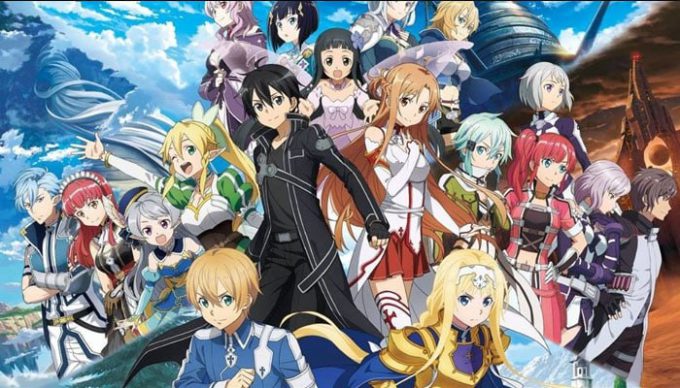Recently, director Kunihiko Ikuhara has been embroiled in a controversy involving an unnamed female author who accused him of plagiarism regarding her work. Ikuhara has acknowledged the allegations and announced that he will respond to the accuser during a press conference scheduled for December 13.
Famed author Reki Kawahara has also shared his thoughts on the matter. He stated that an individual has accused him of having plagiarized the core concept of his renowned work, Sword Art Online. Kawahara revealed details through his official Twitter account, where he wrote:
“Some time ago, an individual claimed that the original creator of Sword Art Online had contacted me. The person did not hesitate to assert that the author’s work had been published without her permission. I feel extremely distressed and do not know how to respond.”
“I think that proving myself as the author/owner of a work through objective evidence is quite difficult. The Cultural Agency has a system for copyright registration, but this does not prove that I am the copyright holder of my work.”
“If anyone claims that Sword Art Online is a plagiarized work, I can easily prove that I have been publishing it on my personal page since 2002, but there are still many materials and efforts needed to prove that my work is original.”
“If there were a system that was as clear as… but if a system like that is established, it could be exploited. However, these issues could potentially escalate rather than decrease in the future, which is why I want to see steps taken to minimize risks for creators, even just a little.”

It is indeed alarming when a creator from Japan, or anyone anywhere in the world, faces accusations of plagiarism. Such allegations are serious and can significantly harm the reputation and career of the creator, as well as lead to legal issues. The incident involving the 2019 arson attack on Kyoto Animation is considered to be related to the plagiarism allegations, highlighting the severe consequences that can arise from such claims.
Allegations of plagiarism not only affect the accused creator but also impact the entire industry, eroding public trust in creativity and the integrity of artistic works. It is essential to address plagiarism claims transparently and appropriately, investigating the circumstances objectively and taking suitable actions if evidence of plagiarism is found.
The creative industry, including the animation and publishing sectors in Japan, should strive to strengthen copyright protections while simultaneously providing support and resources for education regarding copyright in creative content. Preventing and properly addressing plagiarism allegations is crucial to maintaining the integrity and health of the creative industry in Japan and globally.





















